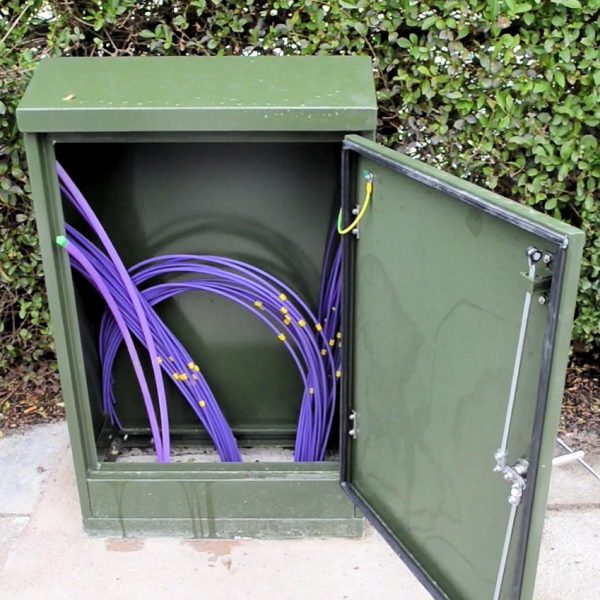Chichester UK Council to Extend Cityfibre’s Full Fibre Rollout

The Chichester District Council (CDC) in West Sussex (England) has confirmed their intention to enter into a new agreement with Cityfibre, which will see the operator extend their roll-out of a new “full fibre” Ethernet and broadband network in the cathedral city in order to help it cover a further 50 public sector sites.
At present the existing Dark Fibre deployment is part of Cityfibre’s county-wide contract for West Sussex (here), which aims to connect 152 council sites in Bognor Regis, Burgess Hill, Chichester, Crawley, Haywards Heath, Horsham, Littlehampton, Shoreham and Worthing. The project is predicted to have a total lifetime value of £52.7m (here) and is partly funded by a slice of the UK Government’s Local Full Fibre Network (LFFN) fund.
The aforementioned network construction is understood to have completed in Chichester and Midhurst, while it’s nearing its end in the rest of the county with an “expected go live date of early 2020.” As such some local authorities are already turning their attention to a possible extension and Chichester appears to be no exception.
Advertisement
In addition to this proposal, the Council is also working on a rural project with WSCC and Horsham DC to deliver a new spine providing backhaul, which will enable the ability to roll-out better connectivity in the surrounding rural areas. A separate report on this is promised for a “later date.”
The original Gigabit contract with Cityfibre allowed for call offs under the existing procurement arrangement. The Everything Connects working group, which consists of all District and Borough Councils within West Sussex along with WSCC, has developed a joint approach to a further provision of dark fibre. Worthing and Adurhave already agreed to roll out connectivity to additional assets and Horsham, Crawley and Arun councils are all currently in the process of seeking approval to do so.
The proposal from Cityfibre covers Chichester, Bognor Regis and Littlehampton and CDC will be working closely with Arun District Council to ensure the benefits are realised. 50 public sector assets within Chichester would be connected to the dark fibre network. The final site list is to be agreed from a long list and it is proposed that the Cabinet Member for Corporate Services and the Director of Corporate Services are delegated the authority to agree the final list of assets to be connected.
The potential benefits of this project will be realised by those who use public services within Chichester, as well as residents, businesses and visitors to Chichester. This project does not extend beyond Chichester city, however surrounding areas are likely to benefit over time.
The proposed timescales are that any design and build work would start in 2020, with the first sites being completed in late 2021 and completion expected in late 2022. The project will be managed by Cityfibre and the 7 year payment period will not commence until 90% of the sites have been connected and handed over. CDC intend to underwrite the cost of the contract, and that any costs not met by the Business Rates Pool for 2019/20, up to a maximum of £743,000 over a 7 year period starting no earlier than 2021.
“Increasing the amount of gigabit capable fibre within the city will enable it to be future-ready, ensuring that it is not left behind. Signalling our commitment to full fibre as an ambition for Chichester and the wider county also increases the likelihood of accelerating the investment from commercial organisations to lead to a roll out of FTTP. This would enable homes and businesses to realise the benefits of ultra-fast connectivity,” said the council.
Deployments like this could in the future help to form the backbone of a new Fibre-to-the-Home (FTTH) network for connecting local residential properties to Gigabit class broadband services. Indeed this is exactly what Cityfibre and Vodafone have been doing in several other UK cities, although West Sussex has some catching up to do first.
Advertisement
Mark is a professional technology writer, IT consultant and computer engineer from Dorset (England), he also founded ISPreview in 1999 and enjoys analysing the latest telecoms and broadband developments. Find me on X (Twitter), Mastodon, Facebook, BlueSky, Threads.net and Linkedin.
« Update on Gigaclear’s FTTP Rollout Plan for Devon and Somerset
28% of UK People Fear Christmas Demand Might Impact WiFi »






















































Comments are closed